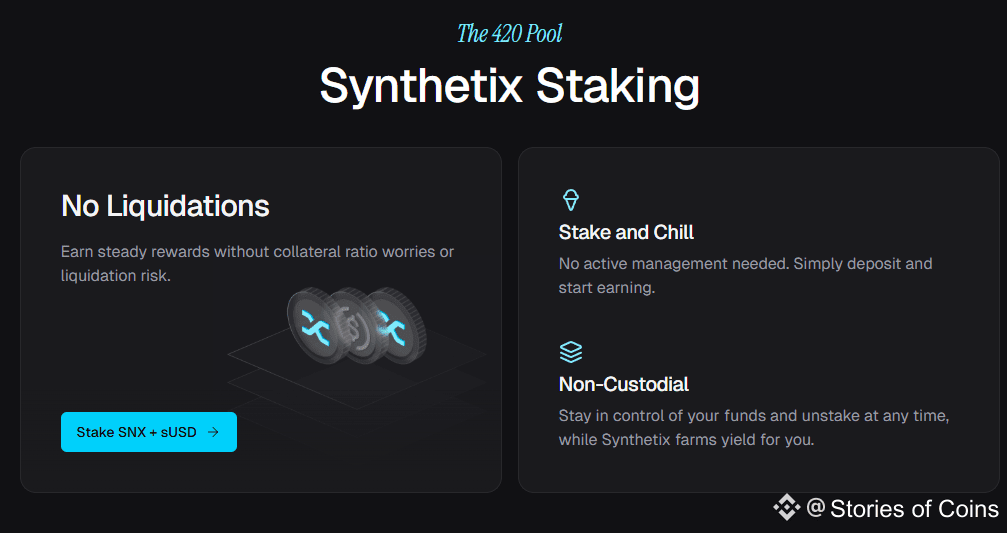I. Project Overview
Basic Information
• Name: Synthetix (Token: SNX)
• Type: Decentralized Finance (DeFi) Protocol, Derivatives Platform
• Core Functionality: Protocol for issuing and trading synthetic assets (synths) on Ethereum and other EVM-compatible chains.
• Launch Date: Originally launched as Havven in 2018, rebranded to Synthetix in late 2018.
• Founder: Kain Warwick
• Funding and Investors:
• Synthetix has undergone multiple fundraising rounds, including private and public sales of the SNX token.
• Notable investors include Framework Ventures, Paradigm, Coinbase Ventures, and IOSG Ventures.
• The protocol’s treasury and incentive structure are sustained primarily through token issuance and protocol fees.
Services & Products
• Synthetic Asset Creation: Allows users to mint, trade, and hold synthetic assets representing fiat currencies, cryptocurrencies, commodities, and indices.
• Derivatives Trading: Enables on-chain exposure to traditional and non-traditional assets without direct custody or settlement.
• Decentralized Exchange (Synthetix Exchange): Facilitates peer-to-contract trading with deep liquidity and minimal slippage via pooled debt model.
• Integrations: Serves as a liquidity and settlement layer for DeFi platforms and DEX aggregators like Kwenta, 1inch, and Curve.
________________________________________
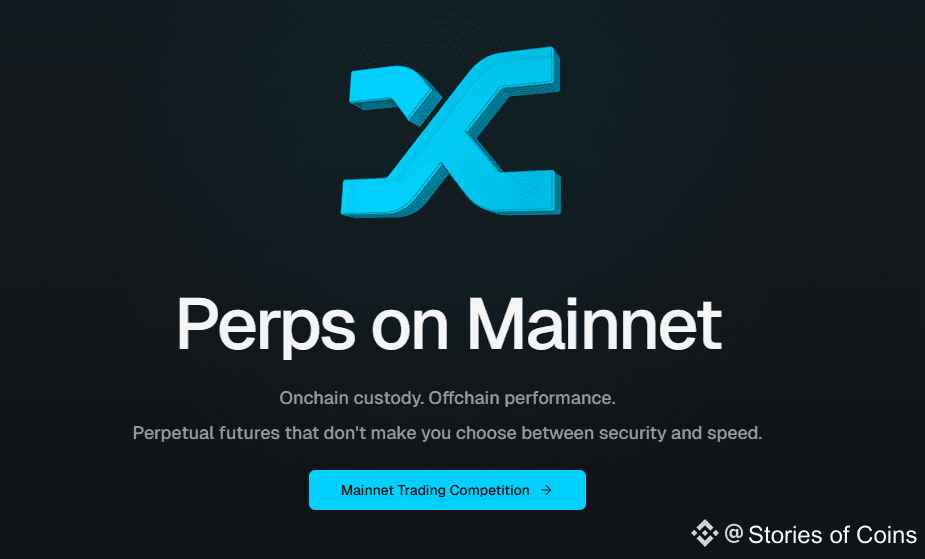
II. Narrative Analysis
A. Technology Innovation
• Synthetic Asset Protocol: Synthetix enables the creation of on-chain synthetic assets (synths) that closely track the value of real-world or digital assets through price oracles.
• Pooled Collateral Model: SNX token holders stake SNX as collateral to back synths, sharing both risk and rewards through protocol fees and SNX inflation.
• Oracle Integration: Relies on decentralized oracles (e.g., Chainlink) for trustless price feeds, ensuring accurate and censorship-resistant pricing.
• Layer 2 Adoption: Early mover in adopting Ethereum Layer 2 solutions (Optimism), significantly reducing gas costs and increasing transaction throughput.
B. Real Use Cases
• Global On-Chain Asset Exposure: Allows users worldwide to gain exposure to a wide array of assets (stocks, currencies, commodities) without jurisdictional or custodial barriers.
• DeFi Composability: Synths are used as collateral and trading pairs in other DeFi protocols, multiplying Synthetix’s ecosystem impact.
C. Partnerships and Ecosystem
• Integration with DeFi Protocols: Synthetix’s liquidity and synths are integrated into protocols like Aave, Yearn, Curve, and 1inch.
• Trading Frontends: Kwenta, Polynomial, and Lyra provide user-friendly interfaces leveraging Synthetix’s backend liquidity.
• Ecosystem Expansion: Collaborates with oracle providers, bridges, and Layer 2 networks for broader scaling and security.
________________________________________
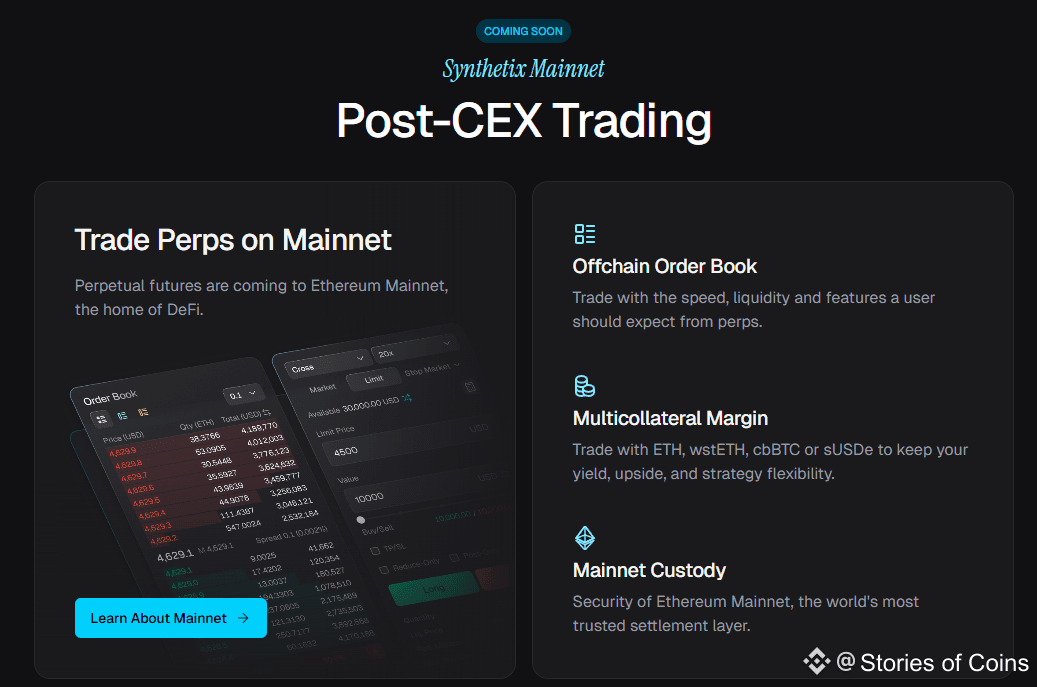
III. Key Milestones & Timeline
• 2018: Launched as Havven, focused on stablecoin issuance.
• Late 2018: Rebranded to Synthetix, expanded vision to all synthetic assets.
• 2019: Launched Synthetix Exchange and expanded asset offerings beyond stablecoins.
• 2020-2021: Integrated Chainlink oracles, introduced layer 2 staking on Optimism.
• 2022: Increased protocol governance decentralization and ecosystem integrations.
• 2024:
• Continued Layer 2 scaling and gas reduction.
• Expanded asset support and trading features.
• Q4 2024: Detailed in State of Synthetix Q4 2024 report (see source [^2]).
• 2025: Ongoing enhancements to derivatives trading, improved user interfaces, and ecosystem integration (as of Mar 21, 2025 report).
________________________________________
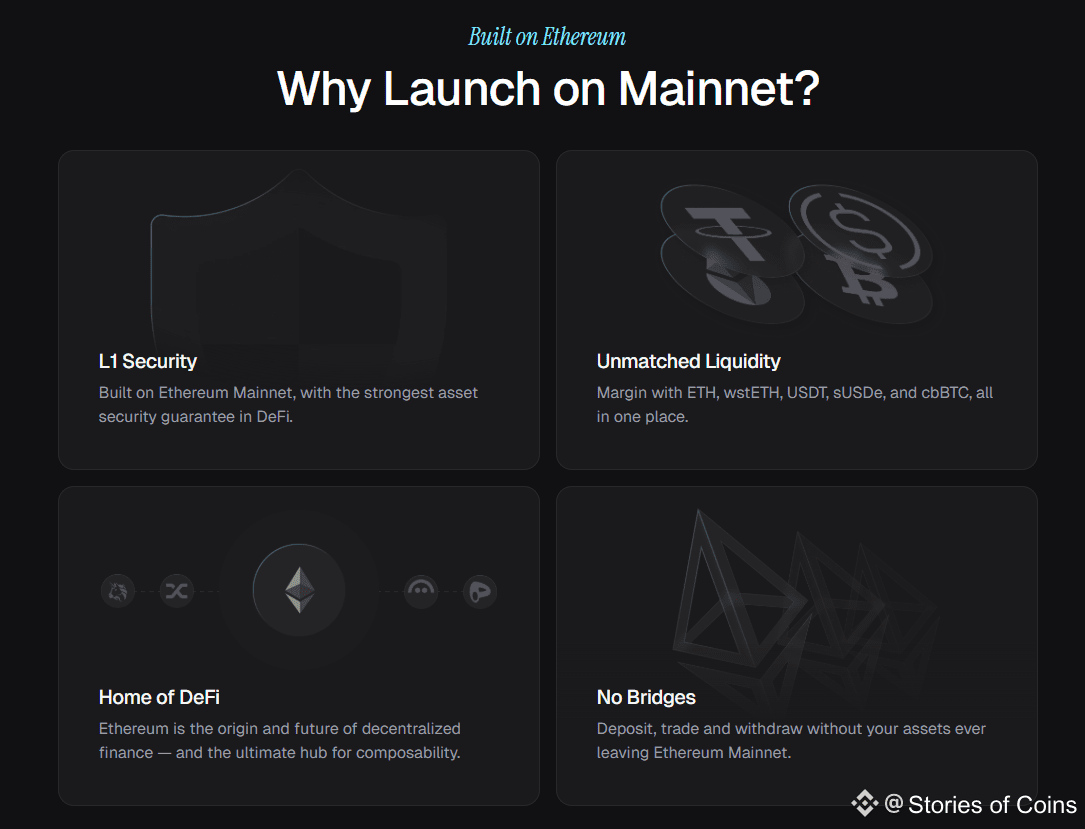
IV. Market Analysis
Industry Overview
• Sector: Decentralized Finance (DeFi), Derivatives, Synthetic Assets
• Market Size:
• DeFi TVL (Total Value Locked) peaked above $100B in 2021; derivatives and synthetic assets represent a rapidly growing subset.
• Synthetix is a top protocol by TVL in the synthetic asset segment.
• Key Competitors:
• Mirror Protocol (Terra ecosystem, now diminished)
• UMA (Universal Market Access)
• dYdX (Derivatives, more order-book focused)
• Perpetual Protocol (Focused on perpetual swaps)
• Growth Potential:
• On-chain derivatives are projected to grow as institutional and retail demand for decentralized, borderless asset access increases.
• Layer 2 scaling and cross-chain functionality are critical for future adoption.
• Trends:
• Rapid expansion of DeFi composability and aggregation.
• Increased focus on risk management and protocol stability post-2022 crypto market challenges.
• Regulatory interest may shape the synthetic asset landscape.
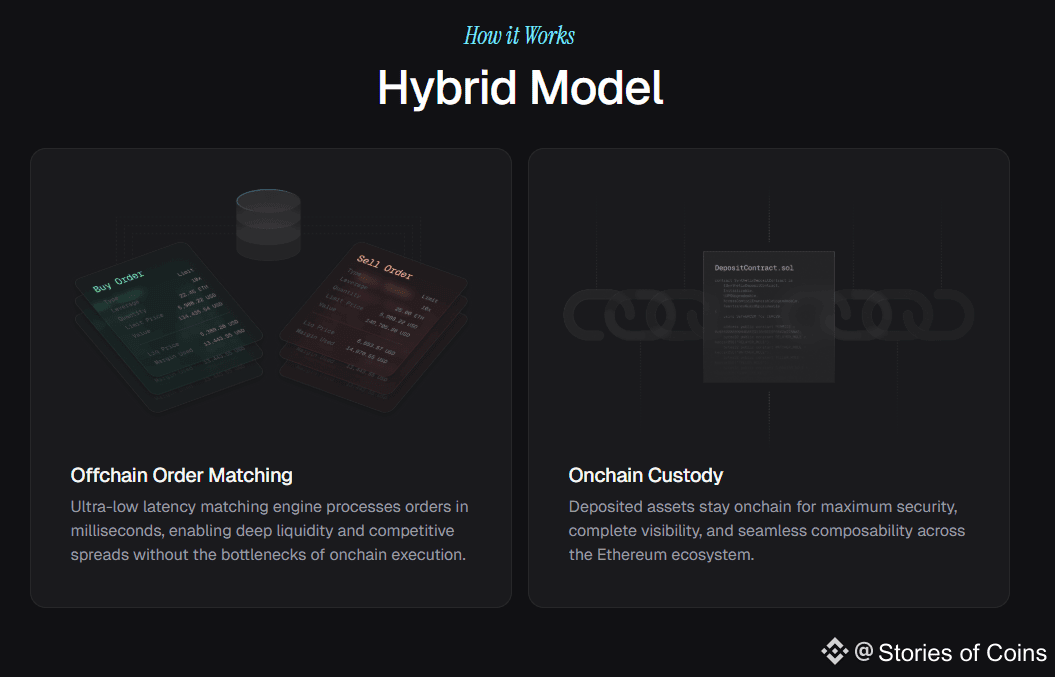
• Constraints:
• Regulatory uncertainty, especially for synthetic representations of stocks, forex, and commodities.
• Oracle and collateral risks (e.g., SNX volatility).
• Layer 1 Ethereum congestion (partially alleviated by Layer 2).
